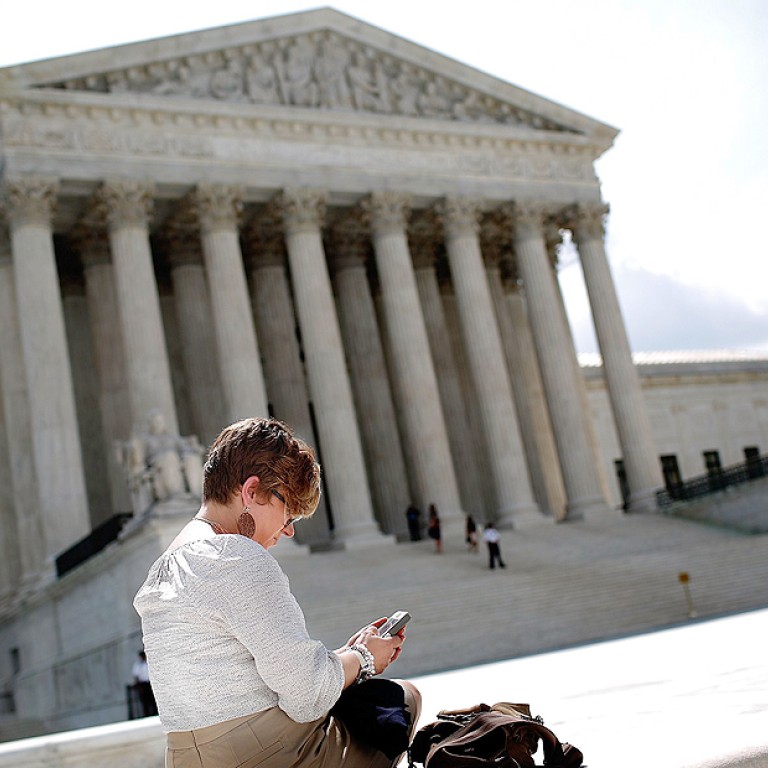
US lawmakers should act to stop indiscriminate spying
Laws struggle to keep up with technology. The disconnect between fast-moving technological advances and slowly evolving legislation and policies creates gaps that allow infringements of rights.
Laws struggle to keep up with technology. The disconnect between fast-moving technological advances and slowly evolving legislation and policies creates gaps that allow infringements of rights. A US Supreme Court ruling preventing police from searching mobile phones without a warrant except under exceptional circumstances bridges one such divide for Americans. It is a major victory in the fight for privacy that also has to be extended to the battle to curb unwelcome intrusions by US government agencies.
The court's nine justices, with an average age of 68, have a reputation for being technologically challenged. Chief Justice John Roberts' written ruling detailing reasons for the unanimous decision last week was therefore a welcome surprise for privacy advocates. Mobiles were determined to hold information and data that, for many Americans, constituted the "privacies of life", necessitating the restriction of access by police during arrests. Not before had the court considered the role of mobile technology in modern life.
Understanding technology is crucial when formulating and interpreting laws and policies. The court's ruling has implications for debate and legal challenges over surveillance and mobile phone tracking by the US National Security Agency. President Barack Obama, under pressure domestically and internationally, has promised to protect privacy by limiting the agency's bulk collection of phone data. As watered-down draft legislation before senators shows, though, finding a balance between protecting privacy and maintaining government flexibility to detect terrorist plots is not straightforward.
The bill, named the USA Freedom Act, is seen by some lawmakers as overly hampering the NSA's ability to accomplish its missions. Other politicians, and technology firms, contend it lacks sufficient transparency and safeguards for civil liberties. The US' top court took the right path with mobile phones by putting privacy first. So, too, should legislators. The US has to end its mass, suspicionless, surveillance at home and abroad.

